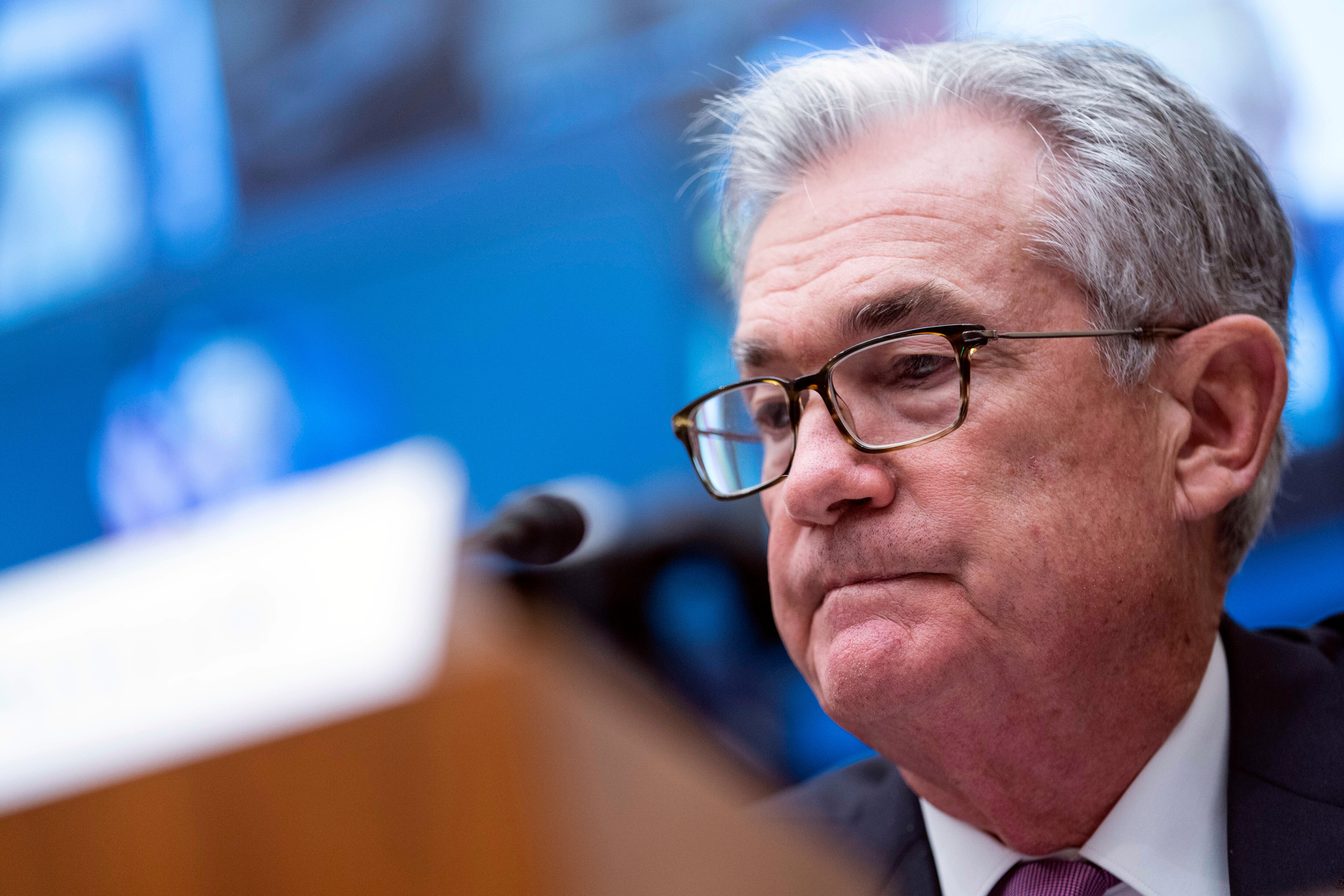Biden to keep Powell as Fed chair, Brainard gets vice chair
President Joe Biden announced Monday that he’s nominating Jerome Powell for a second term as Federal Reserve chair, endorsing Powell’s stewardship of the economy through a brutal pandemic recession in which the Fed’s ultra-low rate policies helped bolster confidence and revitalize the job market

Your support helps us to tell the story
From reproductive rights to climate change to Big Tech, The Independent is on the ground when the story is developing. Whether it's investigating the financials of Elon Musk's pro-Trump PAC or producing our latest documentary, 'The A Word', which shines a light on the American women fighting for reproductive rights, we know how important it is to parse out the facts from the messaging.
At such a critical moment in US history, we need reporters on the ground. Your donation allows us to keep sending journalists to speak to both sides of the story.
The Independent is trusted by Americans across the entire political spectrum. And unlike many other quality news outlets, we choose not to lock Americans out of our reporting and analysis with paywalls. We believe quality journalism should be available to everyone, paid for by those who can afford it.
Your support makes all the difference.President Joe Biden announced Monday that he's nominating Jerome Powell for a second four-year term as Federal Reserve chair, endorsing Powell's stewardship of the economy through a brutal pandemic recession in which the Fed's ultra-low rate policies helped bolster confidence and revitalize the job market.
Biden also said he would nominate Lael Brainard, the lone Democrat on the Fed’s Board of Governors and the preferred alternative to Powell among many progressives, as vice chair. The president said he will fill the three remaining slots on the board, including a vice chair for supervision, a bank regulatory post, in early December.
Biden's decision, reached after extensive consideration, strikes a note of continuity and bipartisanship at a time when surging inflation is burdening households and raising risks to the economy's recovery. In backing Powell, a Republican who was first elevated to his post by President Donald Trump, Biden brushed aside complaints from progressives that the Fed has weakened bank regulation and has been slow to take account of climate change in its supervision of banks.
If confirmed by the Senate Powell would remain one of the most powerful economic officials in the world. By either raising or lowering its benchmark interest rate, the Fed seeks to either cool or stimulate growth and hiring, and to keep prices stable. Its efforts to direct the U.S. economy, the largest in the world, typically have global consequences.
The Fed's short-term rate, which has been pegged near zero since the pandemic hammered the economy in March 2020, influences a wide range of consumer and business borrowing costs, including for mortgages and credit cards. The Fed also oversees the nation’s largest banks.
In a second term, to begin in February, Powell would face a difficult and high-risk balancing act: Rising inflation is causing hardships for millions of families, clouding the economic recovery and undercutting the Fed’s mandate to keep prices stable. But with the economy still 4 million-plus jobs shy of its pre-pandemic level, the Fed has yet to meet its other mandate of maximizing employment.
If the Fed moves too slowly to raise rates, inflation may accelerate further and force the Fed to take more draconian steps later to rein it in, potentially causing a recession. Yet if the Fed hikes rates too quickly, it could choke off hiring and the economic recovery.
Powell’s re-nomination must be approved in a vote by the Senate Banking Committee and then confirmed by the full Senate, which is considered likely.